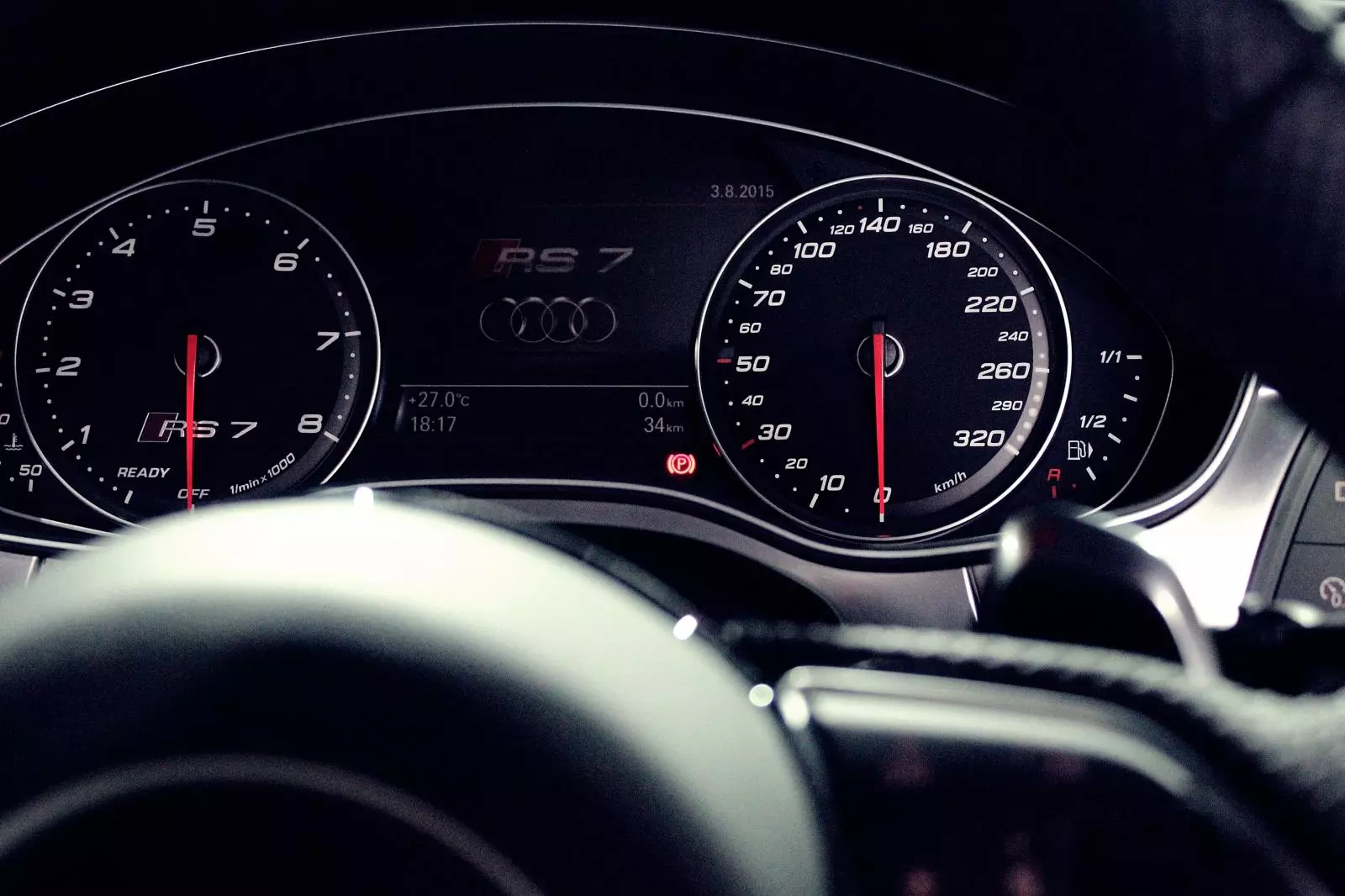Wondering how often does a Porsche need servicing? Discover Porsche’s recommended service intervals to keep your vehicle performing at its best and avoid costly repairs.
Porsche’s Recommended Service Intervals
Porsche recommends specific service intervals to ensure the longevity, performance, and reliability of their vehicles. For most modern Porsche models, including the Macan, 911, Boxster, Cayenne, Cayman, and Panamera, the standard service interval is every two years or 20,000 miles, and this schedule is designed to strike a balance between the vehicle's peak performance and cost-effective maintenance.
There are typically two main types of services: minor (interim) and major. Minor services are due every two years and include an oil and filter change, fluid top-ups, and a thorough vehicle inspection using Porsche diagnostic tools. Major services are recommended every four years and include all minor service tasks plus extra replacements such as spark plugs, air filters, pollen filters, brake fluid, and even transmission fluids or drive belts, depending on the model.
Following Porsche’s recommended service schedule helps preserve the vehicle's performance, keeping the engine, brakes, and suspension systems in good condition. Additionally, regular servicing also helps prevent expensive repairs since any wear or tear can be found and resolved early on. Porsche’s recommended service intervals are part of a long-term strategy to ensure your vehicle continues to perform safely and reliably.
Service Timing Based on Mileage and Age
Following Porsche’s recommended service timing is essential for maintaining your vehicle's performance, reliability, and long-term value. Porsche vehicles are engineered to deliver high performance, and like any precision machine, they need regular maintenance that's tailored to your model's usage and wear levels.
Porsche recommends servicing every 20,000 miles or every two years - whichever comes first. This schedule accounts for both the mechanical wear and tear that's associated with mileage and the natural ageing of fluids and components over time.
Even if a car isn't driven regularly, the oil and brake fluid will start to degrade, and the rubber seals, hoses, and gaskets can start to deteriorate with age. Ignoring Porsche service intervals can lead to issues like moisture build-up, corrosion, or fluid contamination, which can all affect your vehicle's safety and performance.
On the other hand, mileage-based servicing addresses the wear and tear that accumulates from regular use. High-mileage cars may need to have the brakes, suspension, tyres, and transmission systems inspected more often since these components need to be replaced at set mileage intervals to prevent misfires, engine strain, or reduced fuel efficiency.

Staying on schedule with mileage and age-based servicing also helps technicians identify and resolve potential issues early on. Porsche’s advanced diagnostic tools can flag up electronic or mechanical issues that might not be visible to the driver, allowing engineers to keep your car in peak condition.
Moreover, following Porsche’s maintenance timing is crucial for preserving its warranty and resale value. A car with a full Porsche or specialist service history is more appealing to buyers and it signals that the vehicle has been properly cared for.
Porsche’s service timing is a proactive approach to ensure your car performs at its best, stays safe on the road, and retains its value for years to come.
Differences Between Petrol, Hybrid, and Electric Models
The service timing intervals for Porsche vehicles vary depending on whether the model is petrol, hybrid, or electric. Petrol models such as the 911, Macan, Boxster, Cayenne, Cayman and Panamera typically follow a 20,000-mile or two-year service interval.
These vehicles need regular oil and filter changes, fluid checks, spark plug replacements, brake fluid changes, and thorough inspections. The interval ensures both time- and mileage-related wear is addressed, helping to prevent any engine or drivetrain issues that can arise from neglect.
Hybrid models such as the Cayenne E-Hybrid and Panamera E-Hybrid also follow a two-year service cycle, but with some important additions. Alongside all the checks needed for petrol models, hybrid servicing includes inspections of high-voltage components, battery systems, and cooling systems for both the internal combustion engine and electric motor.
Some hybrid models also have additional checks or software updates, which need slightly more time and labour during routine servicing.
Electric models, such as the Porsche Taycan, operate under different conditions and have fewer moving parts. As a result, electric models have longer service intervals overall but they still need two-year routine servicing for brake fluid changes, cabin air filter replacements, and suspension and steering component inspections. Since electric vehicles don’t need oil changes, these services focus more on software updates, diagnostics, and the system's performance.
Signs Your Porsche May Need a Service Sooner
A clear indication that your vehicle needs servicing is the appearance of a warning light on the dashboard. Whether it’s the check engine light, oil pressure warning, or brake system alert, any light on the dashboard should be taken seriously. These lights signal that there's an issue that requires diagnostic checks or maintenance.
Another key sign is unusual noises, such as squealing brakes, knocking from the engine, or whining from the transmission system. These sounds can suggest you have worn brake pads, low fluid levels, or more serious mechanical faults.
Similarly, vibrations or pulling while driving can point to suspension, wheel alignment, or tyre issues. If your Porsche begins to accelerate slowly, has rough idling, or poor gear shifts, it can be a sign that there are engine or transmission issues. Reduced fuel efficiency is another red flag that's often caused by dirty filters, spark plug issues, or sensor faults.

Another early warning sign to watch out for is a reduction in brake performance. If the brakes feel spongy, respond slowly, or make grinding sounds, they should be inspected immediately, even if your next service is months away.
Battery problems, such as difficulty starting the car or dimming headlights, can also suggest the vehicle needs attention, especially if the battery is nearing the end of its lifespan.
Ultimately, regular checks and keeping an eye on your Porsche’s behaviour are the key to finding issues early on. Scheduling a service sooner than later can help you maintain your vehicle's performance, safety, and long-term health.
We can expertly service all makes and models of Porsche vehicles. Our experienced technicians use genuine parts and advanced diagnostics to maintain your vehicle's performance and reliability. Whether it’s a routine service or a complex repair, we ensure your Porsche receives the attention it deserves.

